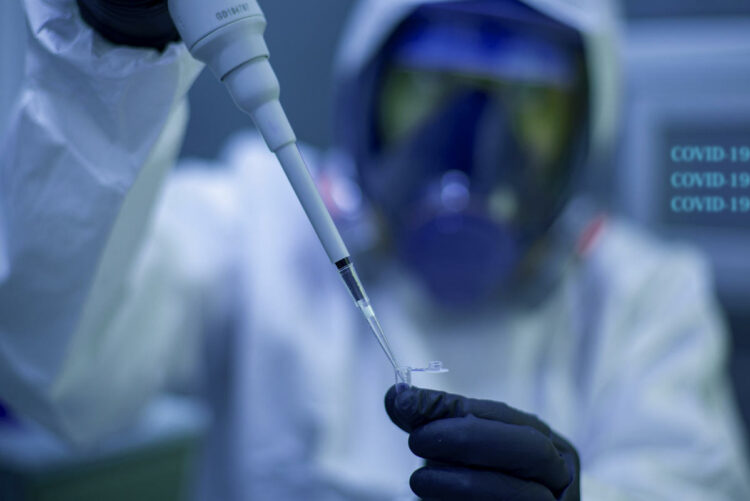Tests for the AIDS vaccine begin with the same mRna technology

The method used for Covid vaccines turns into a hope for AIDS patients. The announcement was made by the International Aids Vaccine Initiative (Iavi) and the company Moderna: the experimentation of a vaccine against the HIV virus based on the innovative messenger RNA technique has started. Hope is thus ignited for a disease that has claimed 45,000 victims in Italy alone. The first 54 volunteers are being tested in the United States. 40 years after the first diagnosis of AIDS, the goal of a vaccine has not yet been reached and this new path could prove promising, even if experts call for caution. The Phase 1 study of the HIV vaccine “mRNA-1644” is sponsored by Iavi and is taking place in four locations in the United States. 56 healthy and HIV-negative adult volunteers will be recruited. The participants’ immune responses will be examined in molecular detail to assess whether the objectives have been met. It is certainly an important challenge, says Stefano Vella, professor of Global Health at the Catholic University of Rome, to ANSA, while expressing some doubts about the fact that a preventive vaccine against AIDS can be achieved.
Aids vaccine with Covid vaccine technology
The one against HIV is, to date, «one of the vaccines that are still lacking against the so-called diseases of poverty. In this case – he explains – it would be essential above all to vaccinate the African populations, who still record very high rates of the disease and for which antiretroviral drugs are difficult to access. It would therefore be a vaccine with a targeted use where it is most needed, considering that there are still over a million new HIV infections a year, which are not mentioned but which we are unable to eliminate “. Up to now, explains the expert, “we have not been able to produce a vaccine because we have only recently identified which antigens are, that is the parts of the HIV virus that induce neutralizing antibodies. Furthermore, this virus is so quick to integrate into cells that it infects lymphocytes, that it is very difficult for any vaccine to prevent infection “. On the other hand, he notes, “already with the anti-Covid vaccines in mRna it has been seen that they protect against serious disease but not so much infection, and I expect the same to happen for the HIV virus”. And that is, says Vella, “I do not think that this vaccine, when it reaches the next stages of study, will also be able to prevent infection as a preventive vaccine”. However, “even if it only protected against the serious illness of AIDS, it would be a very important step forward, because today we still have about one million deaths a year in the world”. It is true that effective antiretroviral drugs are now available against AIDS, but if “with a single injection you had the same effect as the drugs,
The hope therefore lies in the new mRna technique which, he specifies, «opens up an extra path because it allows to insert different viral Rna sequences in the same vaccine, and in this way many neutralizing antibodies could be produced. Unlike what happens with the Covid vaccine, for which only a sequence of the Spike protein of the virus is inserted, in the case of the HIV virus different tracts of the viral RNA could be inserted that could lead to creating a potentially stronger antibody cocktail. “. Research on the HIV vaccine «has never stopped and there are several European projects underway. This – concludes Vella – is certainly an important additional opportunity ».






















+ There are no comments
Add yours